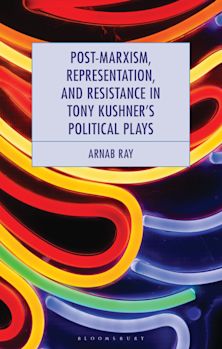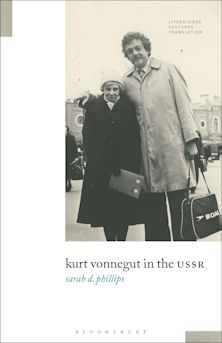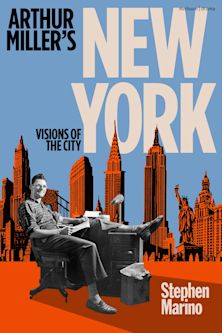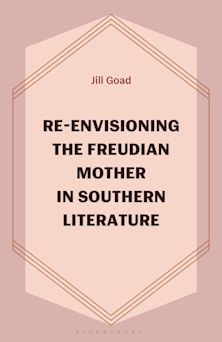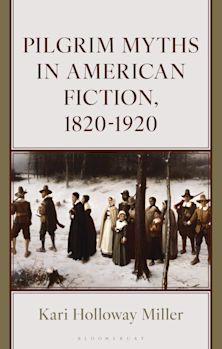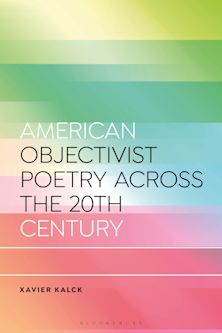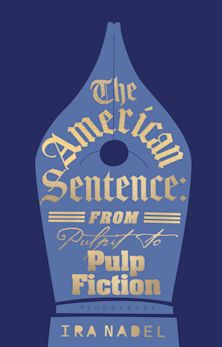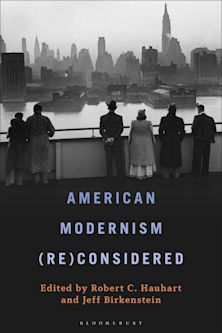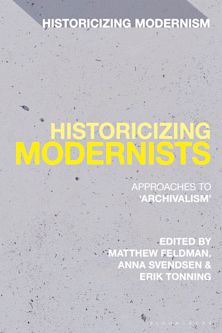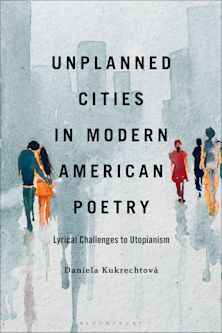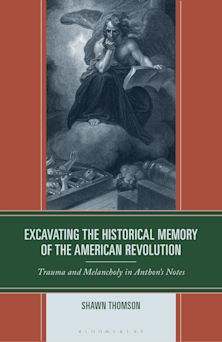- Home
- ACADEMIC
- Literary Studies
- North American and Caribbean Literature
- Wallace’s Dialects
You must sign in to add this item to your wishlist. Please sign in or create an account
Description
Mary Shapiro explores the use of regional and ethnic dialects in the works of David Foster Wallace, not just as a device used to add realism to dialogue, but as a vehicle for important social commentary about the role language plays in our daily lives, how we express personal identity, and how we navigate social relationships.
Wallace's Dialects straddles the fields of linguistic criticism and folk linguistics, considering which linguistic variables of Jewish-American English, African-American English, Midwestern, Southern, and Boston regional dialects were salient enough for Wallace to represent, and how he showed the intersectionality of these with gender and social class. Wallace's own use of language is examined with respect to how it encodes his identity as a white, male, economically privileged Midwesterner, while also foregrounding characteristic and distinctive idiolect features that allowed him to connect to readers across implied social boundaries.
Table of Contents
Series Editor's Introduction
1. Language, Linguistics, and Literary Dialectology
2. Foreigners and Foreign-ness
3. Ethnicity and Segregation
4. Ethnicity and Assimilation
5. Regionality and the White Working Class
6. Texan Pride and Southern Shame
7. Midwestern and Rural
8. Boston and Urban
9. “Dave Wallace” and His Readers
10. Language and Humanity
Acknowledgments
Bibliography
Index
Product details

| Published | 14 May 2020 |
|---|---|
| Format | Ebook (PDF) |
| Edition | 1st |
| Extent | 240 |
| ISBN | 9781501348495 |
| Imprint | Bloomsbury Academic |
| Series | David Foster Wallace Studies |
| Publisher | Bloomsbury Publishing |
About the contributors
Reviews
-
Shapiro's linguistic lens offers a deep and provocative look at the dialectic of aesthetics and politics in Wallace's language. Shapiro leaves no dialect unexamined, no idiom unturned.
Ralph Clare, Associate Professor of English, Boise State University, USA, and author of Fictions Inc.: The Corporation in Postmodern Fiction, Film, and Popular Culture (2014)
-
Wallace's Dialects is the book Wallace Studies desperately needed without yet knowing it. Bringing the fresh lens of linguistics to Wallace's work, Mary Shapiro demonstrates how Wallace carefully constructed a wide range of dialects in order to interrogate and challenge categories of race, ethnicity, gender, nationality, and regionality, while also enabling readers to empathize with members of all categories. Shapiro engages critics of Wallace's constructions of gender and race, both inside and outside the academy, using examples from across his work to argue that more than exposing his blind spots, Wallace's fascination with dialect reveals his own reflections on his white male privilege. Seasoned Wallace readers and critics will find in Wallace's Dialects aspects of Wallace's work that have been staring us in the face unseen for far too long, while new readers will find an excellent place to start to appreciate Wallace's intricate linguistic constructions and their attending social critique.
Mary K. Holland, Professor of English, SUNY New Paltz, USA, and co-editor of Approaches to Teaching David Foster Wallace (with Stephen J. Burn, 2019)

ONLINE RESOURCES
Bloomsbury Collections
This book is available on Bloomsbury Collections where your library has access.












